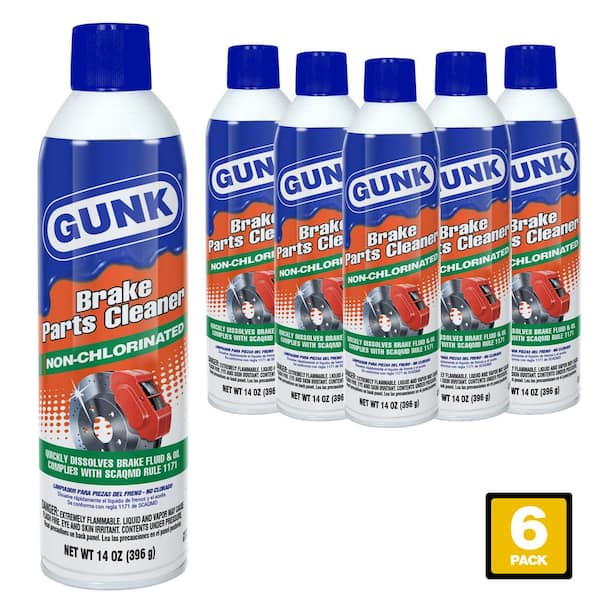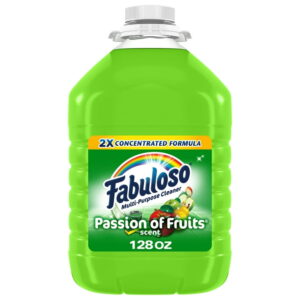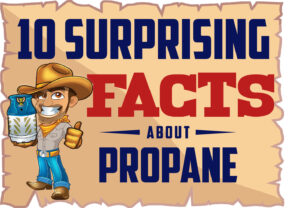Non-chlorinated brake cleaner is flammable and should be used with caution in a well-ventilated area while wearing gloves and safety glasses. These versions are not always as fast-drying as the chlorinated, and the solvents used in non-chlorinated brake cleaners are also flammable.
It is important to be aware of the hazards associated with using this type of cleaner and take necessary precautions to ensure safety. Non-chlorinated brake cleaners are commonly used for maintaining brakes and removing grime or debris. However, it is crucial to understand the potential hazards posed by these cleaners.
One of the most important factors to consider is their flammability. This article will delve into the question of whether non-chlorinated brake cleaners are flammable and the precautions that need to be taken when using them. By gaining a clear understanding of the flammability of non-chlorinated brake cleaners, individuals can ensure the safe and effective use of these products in their brake maintenance routines.

Credit: www.homedepot.com
Is Non Chlorinated Brake Cleaner Flammable?
Non-Chlorinated brake cleaner, like all non-chlorinated brake cleaners, is flammable and should be used with caution. It is important to use it in a well-ventilated area and wear protective gloves and safety glasses.
Understanding Non-chlorinated Brake Cleaner
Non-Chlorinated brake cleaner refers to brake cleaner products that do not contain chlorinated solvents. While this may lead you to believe that they are safe and non-flammable, it’s important to understand that these products can still pose hazards and risks. Non-Chlorinated brake cleaner often contains chemicals such as heptane, which can be highly flammable and dangerous if not handled correctly.
Dangers And Hazards Of Non-chlorinated Brake Cleaner
Non-Chlorinated brake cleaner presents several dangers and hazards that should not be overlooked. One of the primary risks is its flammability. Even though it does not contain chlorine, the presence of flammable solvents like heptane makes it highly flammable and potentially explosive. This means that if non-chlorinated brake cleaner comes into contact with sparks, open flames, or high heat sources, it can ignite and cause fires or explosions.
Furthermore, prolonged exposure to the vapors and fumes of non-chlorinated brake cleaner can lead to health issues. The chemicals in these products can irritate the skin, eyes, and respiratory system. In some cases, they can also cause dizziness, nausea, and headaches. It is crucial to handle non-chlorinated brake cleaner with caution and prioritize safety measures to minimize these risks.
Safety Measures And Precautions For Using Non-chlorinated Brake Cleaner
To ensure safe usage of non-chlorinated brake cleaner, it is essential to follow specific safety measures and precautions. Here are some guidelines to consider:
| Safety Measure | Description |
|---|---|
| Ventilation | Always use non-chlorinated brake cleaner in well-ventilated areas. Open windows or work in outdoor spaces to allow proper airflow and reduce exposure to vapors. |
| Avoid Ignition Sources | Keep non-chlorinated brake cleaner away from open flames, sparks, and heat sources. Store it in a cool and dry location, away from any potential ignition hazards. |
| Protective Gear | Wear appropriate personal protective equipment (PPE), such as gloves and safety goggles, when using non-chlorinated brake cleaner. This helps to protect your skin, eyes, and respiratory system from contact with the product. |
| Proper Disposal | Dispose of used non-chlorinated brake cleaner according to local regulations. Avoid pouring it down drains or into the environment. Instead, take it to a hazardous waste facility or follow the instructions on the product label. |
| Read Product Labels | Always read and follow the instructions provided by the manufacturer on the product label. This includes information on flammability, proper usage, and safety precautions specific to that particular non-chlorinated brake cleaner. |
By understanding the risks associated with non-chlorinated brake cleaner and taking appropriate safety measures, you can ensure a safer working environment and minimize the potential hazards. Prioritize your safety and the well-being of those around you when using any brake cleaner product.

Credit: www.amazon.com

Credit: www.amazon.com
Frequently Asked Questions On Is Non Chlorinated Brake Cleaner Flammable
What Is Non-chlorinated Brake Cleaner?
Non-chlorinated brake cleaner is any brake cleaner that doesn’t contain chlorinated solvents. However, it is still flammable and should be used with caution. Make sure to use it in a well-ventilated area and wear gloves and safety glasses.
Is Non-chlorinated Brake Cleaner Carcinogenic?
Non-chlorinated brake cleaner is not carcinogenic, but it is flammable. It should be used in ventilated areas with caution.
What Happens If You Burn Chlorinated Brake Cleaner?
Non-chlorinated brake cleaner is flammable. It should be used with caution in a ventilated area and proper safety gear should be worn. Burning it can release harmful and corrosive gases, posing a risk to the welder and those nearby.
What Are The Hazards Of Brake Cleaner?
Non-chlorinated brake cleaner is flammable and should be used with caution. It can be harmful if swallowed, aspirated, or inhaled, causing skin and eye irritation, respiratory tract irritation, and damage to the central nervous system, kidneys, and blood. It is important to use it in a well-ventilated area and wear gloves and safety glasses.
Conclusion
Non-chlorinated brake cleaner, like all non-chlorinated brake cleaners, is indeed flammable. It is important to handle it with caution, using it in ventilated areas and wearing protective gloves and safety glasses. While it may have less toxic properties compared to chlorinated brake cleaners, it is still necessary to be careful when using it to prevent accidents and potential hazards.
Stay safe and cautious when working with non-chlorinated brake cleaner.



